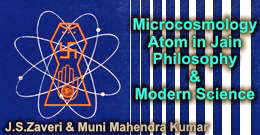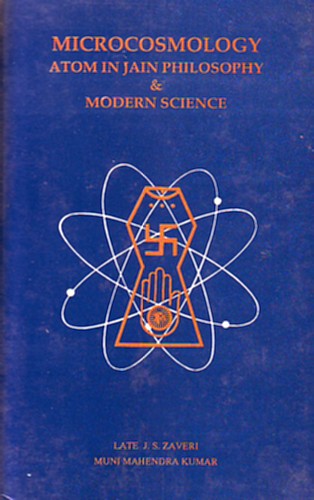
What Is Anekantavada?
Anekantavada is basic to the structure of Jain metaphysics. It seeks to reorient our logical attitude and asks us to accept the unification of contradictions as the true measure of reality. It is the key to unlock the mystery of the paradoxical Reality.
The law of anekanta affirms that there is no opposition between the unity of being and plurality of aspects. The identity of a real is not contradicted by the possession of varying attributes. No one can deny that light, for instance, produces multiple effects, viz., the expulsion of darkness, the illumination of the field of perception, radiation of heat and energy and so on. If a plurality of the energies can be possessed by a self-identical entity without offence to logic, why should the spectre of logical incompatibility be raised in the case of a permanent cause possessing diverse powers (i.e. producing diverse effects)? The law of anekanta affirms the possibility of diverse and even contradictory attributes in a unitary entity, i.e., a thing is neither an absolute unity nor a split-up into a irreconcilable plurality. A thing is one and many at the same time - a unity and a plurality rolled into one.
Anekantavada also asserts that there is no contradiction between identity and otherness, as they are not absolute characteristics. The contradiction would be insurmountable if the two opposites were affirmed to be identical in an absolute reference (i.e., same context). But the identity and otherness asserted by the law of anekanta are only partial and limited, and not complete and unqualified.
Thus Anekantavada - non-absolutism - is the law of the multiple nature of Reality. It corrects the partiality of philosophers of supplementing the other side of Reality, which escaped them.
Non-absolutism pleads for soberness and insists that the nature of Reality is to be determined in conformity with the evidence of experience undeterred by the considerations of abstract logic. Loyalty to experience and to fundamental concepts of philosophy alike makes the conclusion inevitable that absolutism is to be surrendered. A thing is neither eternal nor non-eternal, neither permanent nor perishable in the absolute sense but partakes of both the characteristics, and this does not mean any offence to the canons of logic.
 Jethalal S. Zaveri
Jethalal S. Zaveri
 Prof. Muni Mahendra Kumar
Prof. Muni Mahendra Kumar

